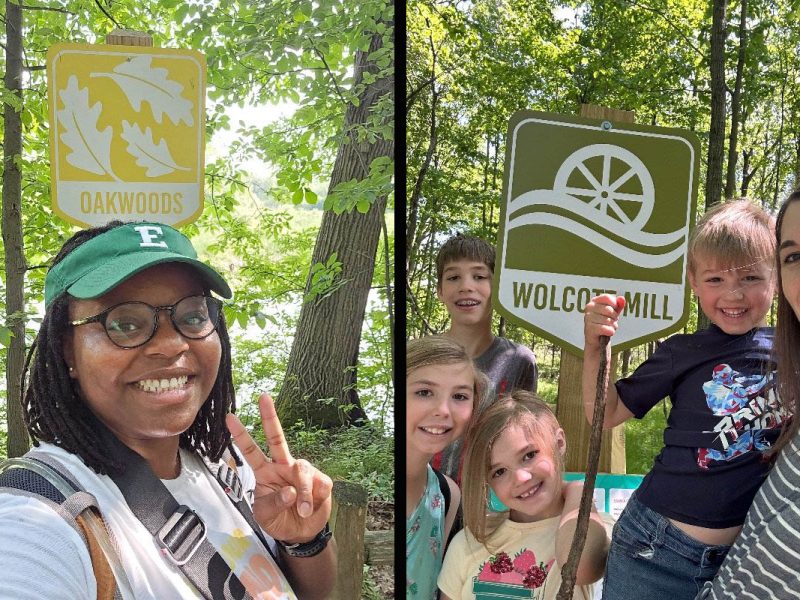Many Michigan caregivers need care themselves – but they aren’t getting it
The importance of a support network when caring for a loved one can't be understated. That's why a number of Michigan organizations are working to better understand what caregivers need and make it more accessible to them.
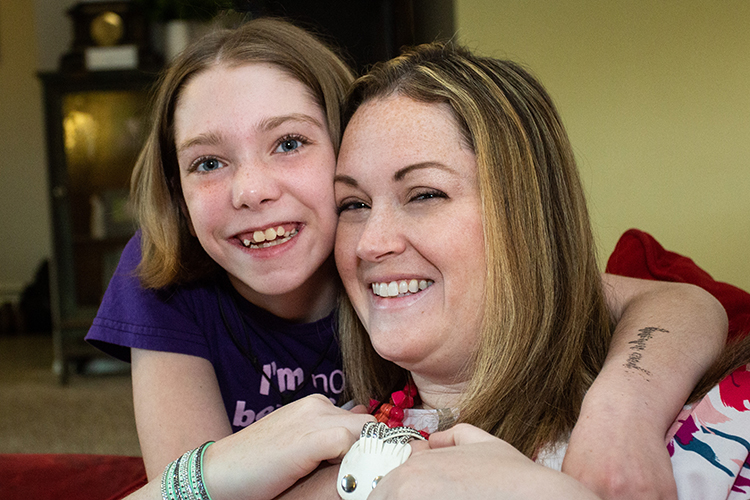
This article is part of State of Health, a series examining health disparities, how they affect Michigan’s children and seniors, and the innovative solutions being developed to address them. It is made possible with funding from the Michigan Health Endowment Fund.
Within 30 minutes of being approved for their Michigan foster home license in 2009, the Isham family received details of their first placement: a four-month-old girl with a cleft palate and a genetic diagnosis of chromosome 16p11.2 microdeletion syndrome.
Since then, Heather Isham has navigated many unique challenges as she’s become both mom and full-time caregiver to her now adopted daughter, Gracie*.
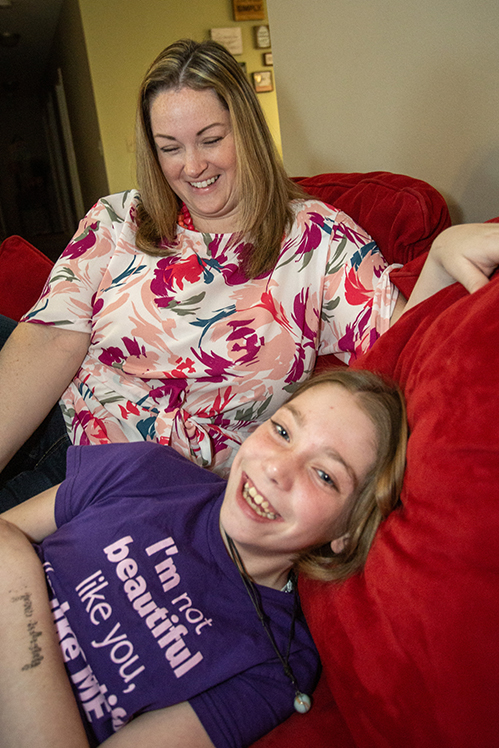
“Gracie isn’t on the autism spectrum, but the research shows that everyone with her deletion struggles with autism-related symptoms,” Isham explains. “She has very specific sensory needs and often doesn’t like to be touched. That makes it difficult for us to help her brush her teeth, take her pills, and even put in her hearing aid. We try to talk her through every activity, but it usually ends with her angry and yelling, or crying.”
Everywhere they go, the Ishams keep a close watch on Gracie, as she has seizures, struggles with severe food allergies, and battles chronic fatigue. Isham says people’s judgments and assumptions about her daughter’s condition can be emotionally exhausting as well.
Support is crucial for a family like the Ishams, but it can be hard to find. Support groups for parents with medically fragile children are few and far between, with most resources being available online. When Isham needs a break, she turns to her husband for support – or her pediatrician, although she says it’s “rare” to find such a helpful medical professional.
The importance of a support network when caring for a loved one can’t be understated. Whether caring for a child, an elderly person, or a person with a disability, becoming an unpaid caregiver requires significant commitment and dedication. That’s why a number of Michigan organizations are working to better understand what caregivers need and make it more accessible to them.
Caregivers need support from medical staff
Two of those organizations are the Michigan Health Council (MHC) and the Area Agencies on Aging (AAA), who have collaborated on a series of focus groups to determine what Michigan caregivers and patients need most. Kristin Sewell, a research and data analyst for MHC, says one of the biggest problems caregivers identified was difficulty communicating with doctors.
“They told us that physicians often refuse to engage with them outside of a patient’s presence, which usually leaves the patient upset, or feeling betrayed and diminished,” she says.
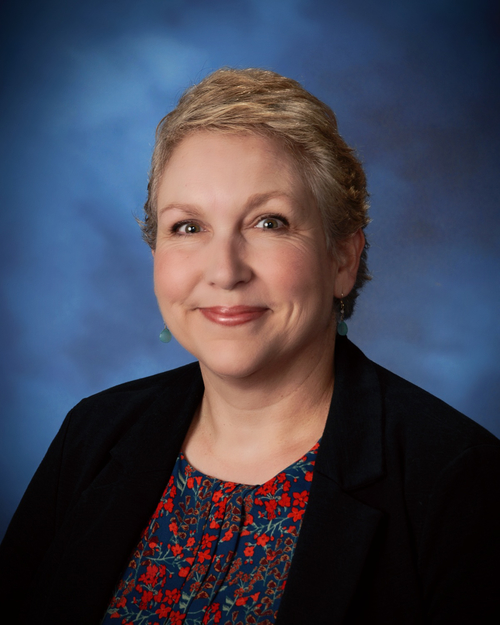
Another issue caregivers raised was that physicians completely discounted their expertise and intimate knowledge of the patient.
“They reported feeling alone and unsupported, which is very frustrating for them,” Sewell explains. “Physicians’ offices are woefully unwilling and unprepared to make referrals to community resources.”
All too often caregivers were told to search online for what they needed, instead of given suggestions for where they could get help locally. To address that issue, MHC created a list of resources for clinicians to share with caregivers on its Center for Caring website, funded by the Michigan Health Endowment Fund. MHC also shared its findings at local physicians’ association conferences, hoping to bridge the gap between caregivers and their patients’ doctors in future.
But breaking down communication barriers between medical staff and caregivers isn’t the only challenge organizations face in getting caregivers the help they need. Sometimes making them aware that help is available is a challenge itself.
“Meeting people’s needs when they need them”
According to the University of Michigan’s National Poll on Healthy Aging (NPHA), only 27 percent of caregivers surveyed said they’d made use of caregiving resources in the past year. Forty-one percent of those who hadn’t used any resources indicated an interest in using them, and 78 percent agreed that they find caregiving to be stressful. That’s a lot of people who could use some help and, for varying reasons, aren’t connecting with it.
Charlotte resident Lou Sobleskey has spent the last eight years caring for her mother, who has dementia. Sobleskey’s main caregiving resource is her brother. She says one of them is always at her parents’ house, because her 80-year-old father “simply can’t manage on his own.”
“When (Sobleskey’s brother) needs a break he calls me, and when I need a break I call him,” she says. “The Tri-County Office on Aging sends someone out every six months or so to check on Mom, but other than that it’s just us.”
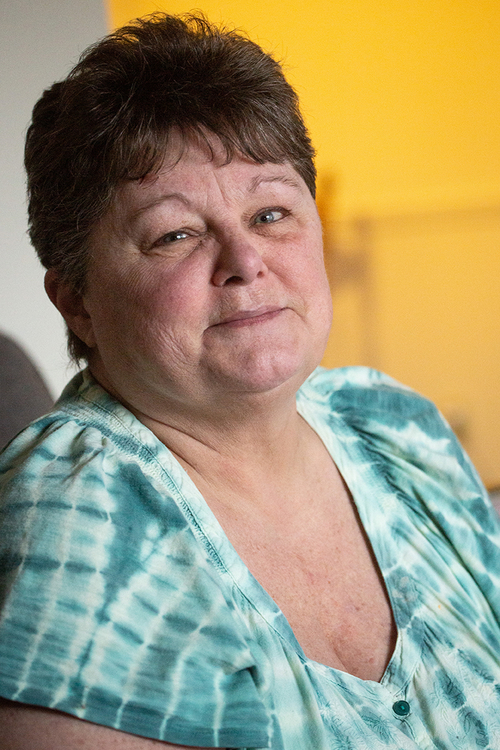
Sobleskey and her brother prepare meals, attend doctor’s appointments with their mother, attend to all of her personal care, and ensure that she gets her medications on time. Sobleskey says she’s heard about support groups for caregivers, but doesn’t know if any meet in her area.
“It might be helpful,” she admits. “But to be honest, I just don’t really have the time to spend talking to strangers about caring for my mom. It may sound harsh, but when I’m not with my mom, I would rather be doing my own thing, like spending time with friends. I don’t really want to go to meetings.”
It’s not an uncommon issue, according to NPHA associate director Dr. Erica Solway.
“The challenge is meeting people’s needs when they need them, and making the resources available in ways that they can access, as needed,” she says. “… People don’t always want to spend time talking about it, or reading about it. Sometimes they just want a break.”
Caregivers need care too
Caregiver support groups are available across Michigan for those caregivers who do desire such an environment. CareWell Services, the AAA serving Barry and Calhoun counties, has had caregiver support groups in place for over 12 years. CareWell Services Southwest CEO Karla Fales says CareWell’s informal support groups and classes have helped many caregivers over the years. The catch, she says, is getting caregivers to realize how important self-care is.
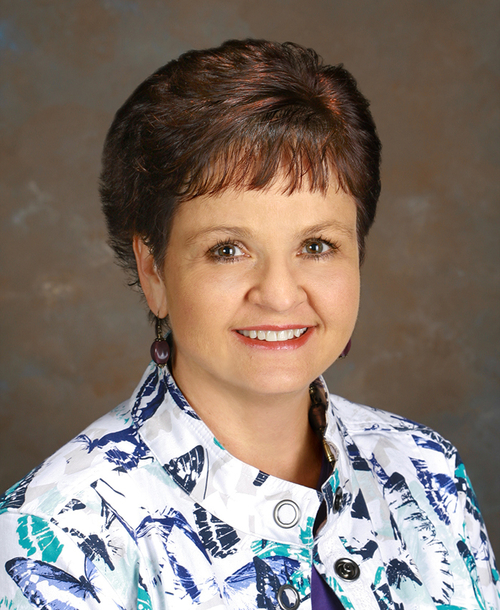
“Support groups just aren’t as utilized by caregivers as they could be,” she says. “The challenge is that caregiving is generally a 24/7 focus, and many caregivers find it difficult to break away from their obligations to give attention to their own self-care.”
CareWell Services and its partner agencies also provide an in-home caregiver support program, health and wellness workshops, in-home counseling for caregivers, respite care, and adult day services. Fales says several caregivers have told her the meetings and classes they attended saved their lives.
“I wish we could get this message to more caregivers, so they would prioritize self-care,” she says. “People need to know that they’re supported in their caregiving.”
Providing support in desperation
Solway notes that NPHA data about caregivers may be incomplete because only those who had the time to participate provided answers.
“We may not have enough data from people whose caregiving responsibilities are significant, simply because they didn’t have the time to answer our questions,” she says.
And those are often the people who need the most help. Desperation plays a role in caregivers reaching out for help, Solway notes.
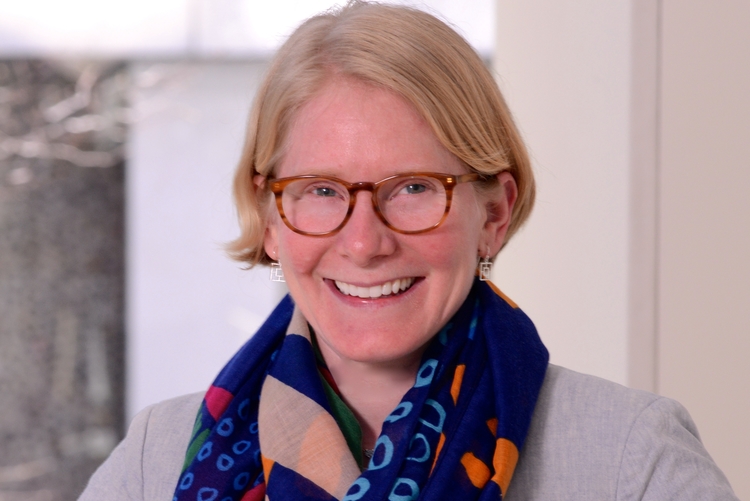
“We need to recognize that many people only seek help when things have gotten really bad,” she says. “At that point, they don’t have time to dig through a mountain of information online, or read several books. They’re desperate, and they need help now.”
So what supports could be made available to help caregivers who feel trapped, or are overwhelmed? Solways says more respite care would be helpful, as would expanding a variety of current programs that are already working well for people.
“Most caregivers in Michigan are very busy,” she says. “They have jobs and families in addition to their role as caregiver. So they have a lot on their plates and very limited time available. The more we can offer in the form of different types of supports, the more helpful we can be. And caregivers need all the help they can get.”
* Name changed at request of the Isham family.
Sarah Hillman is the news editor at Capital Gains and has been writing stories about issues that impact people’s lives for years. She is also the writer and illustrator of a children’s book about leadership qualities.
Lou Sobleskey and Heather and Gracie Isham photos by Roxanne Frith. All other photos courtesy of the subject.
